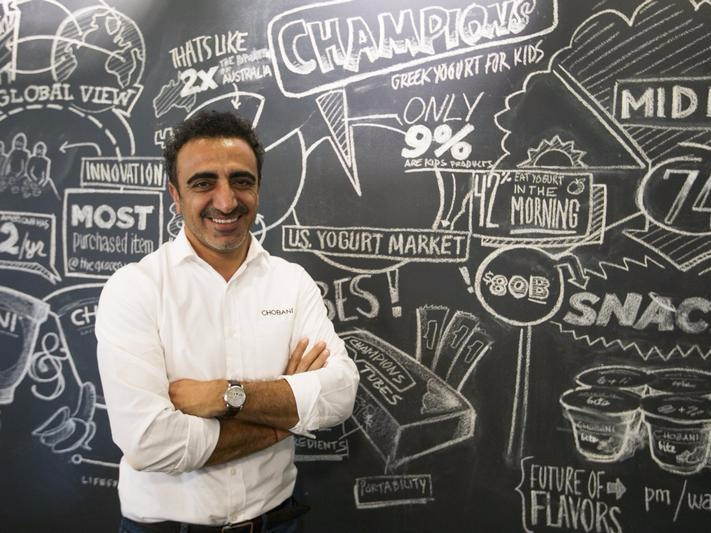Here is an interesting article. As part of the “techlash,” commentators have recently started asking whether the big 3 tech companies (Amazon, Facebook, Google) could be subject to antitrust regulations. Although the article and commentators largely focus on the effect these companies have on consumers, there is also a case to be made that these companies are stifling innovation by start-ups.
Monthly Archives: January 2018
The “new” entrepreneur?
This article provides an additional perspective and some ideas on which characteristics constitute nowadays a(n) (successful) entrepreneur. I mentions some key abilities that might be surprizing, since they are not generally associated with successful entrepreneurship.
https://www.entrepreneur.com/amphtml/306160?__twitter_impression=true
Future of Entrepreneurship
This Forbes article adds onto Part II of the Pozen article by looking at additional reasons why entrepreneurship will continue to grow into the future. One of the most interesting facts within the article states that a recent study estimates that 65% of primary aged school children will be working in jobs that don’t yet exist. This fact reinforces Pozen’s claim that “entrepreneur-friendly external developments” help drive the increase in entrepreneurship; however, it also made me question whether simply having to adapt to the new realities of the future world is entrepreneurship. Where do we draw the line separating proactive/innovative entrepreneurship and simply reactively adapting to the changing vocational landscape around us to survive?
Of Hi-Tech start-ups and Groceries
Here’s an article about one of the ways start ups can improve our society. The start up the article describes is trying to make it cheaper get food delivered to your door than shop at the local grocery store. Some of the societal benefits it mentions are that, if it works, it will incentivize home cooking and eating healthier by making it less costly in terms of both time and money. It also suggests this business can help smaller stores compete with mega-corporations like amazon and Walmart.
Immigrants and billion-dollar start-ups …
According to a recent study published by the National Foundation for American Policy, here are some interesting facts about the relationship between immigration and some of the U.S.’ most successful startups:
- 51% (44 of 87) of American startups currently valued at $1B or more were started by immigrants
- these companies result in an average of 760 jobs each
- nearly half of these companies have a founder (or co-founder) who came to the U.S. on a student visa.
- California is the home base for most of these companies (followed by New York, Massachusetts and Illinois)
- India is the source of the largest number of founders of billion-dollar startups
